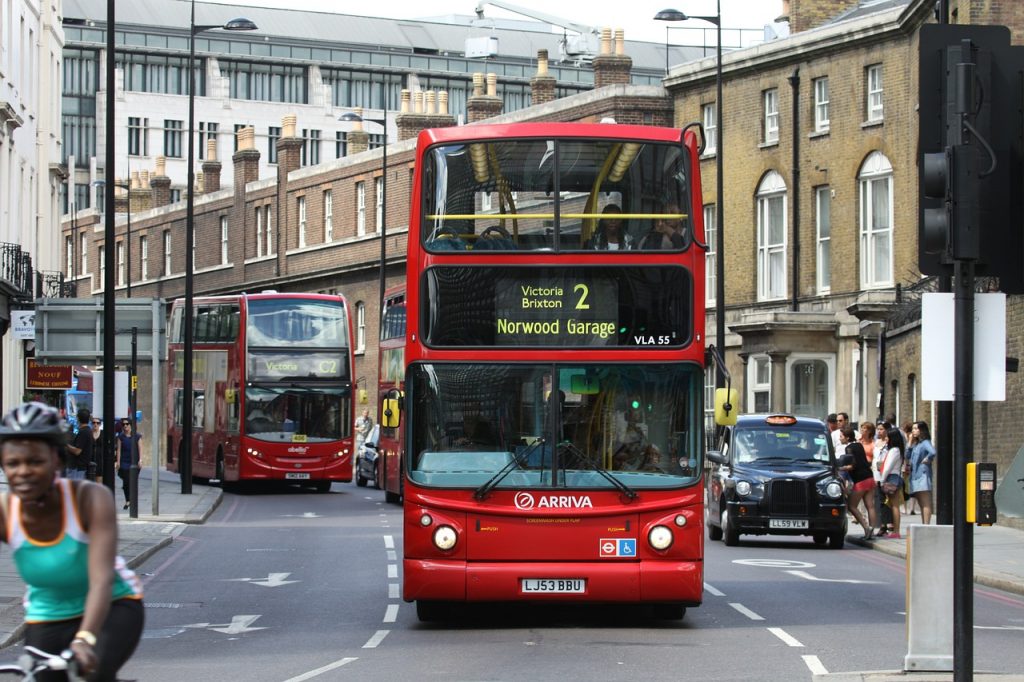Travel to university time a factor in student performance
 My summer morning’s work is settling into a routine. First I spend about half an hour learning Spanish on DuoLingo. Then I read the morning newsletters – OLDaily, WONKHE, The Canary and Times Higher Education (THE).
My summer morning’s work is settling into a routine. First I spend about half an hour learning Spanish on DuoLingo. Then I read the morning newsletters – OLDaily, WONKHE, The Canary and Times Higher Education (THE).
THE is probably the most boring of them. But this morning they led on an interesting and important research report. In an article entitled ‘Long commutes make students more likely to drop out’, Ana McKie says:
Students who have long commutes to their university may be more likely to drop out of their degrees, a study has found.
Researchers who examined undergraduate travel time and progression rates at six London universities found that duration of commute was a significant predictor of continuation at three institutions, even after other factors such as subject choice and entry qualifications were taken into account.
THE reports that the research., commissioned by London Higher, which represents universities in the city found that “at the six institutions in the study, many students had travel times of between 10 and 20 minutes, while many others traveled for between 40 and 90 minutes. Median travel times varied between 40 and 60 minutes.”
At one university, every additional 10 minutes of commuting reduced the likelihood of progression beyond end-of-first-year assessments by 1.5 per cent. At another, the prospect of continuation declined by 0.63 per cent with each additional 10 minutes of travel.
At yet another institution, a one-minute increase in commute was associated with a 0.6 per cent reduction in the chances of a student’s continuing, although at this university it was only journeys of more than 55 minutes that were particularly problematic for younger students, and this might reflect the area these students were traveling from.
I think there are a number of implications from this study. It is highly probable that those students traveling the longest distance are either living with their parents or cannot afford the increasingly expensive accommodation in central London. Thus this is effectively a barrier to less well off students. But it is also worth noting that much work in Learning Analytics has been focused on predicting students likely to drop out. Most reports suggest it is failing to complete or to success in initial assignments that is the most reliable predicate. Yet it may be that Learning Analytics needs to take a wider look at the social, cultural, environmental and financial context of student study with a view to providing more practical support for students.
I work on the LMI for All project which provides an API and open data for Labour Market Information for mainly use in careers counseling advice and guidance and to help young people choose their future carrers or education. We already provide data on travel to work distances, based on the 2010 UK census. But I am wondering if we should also provide data on housing costs,possibly on a zonal basis around universities (although I am not sure if their is reliable data). If distances (and time) traveling to college is so important in student attainment this may be a factor students need to include in their choice of institution and course.
